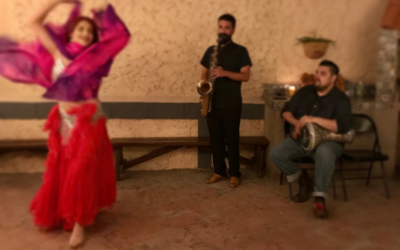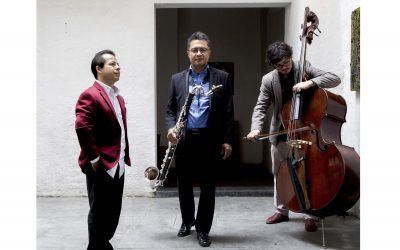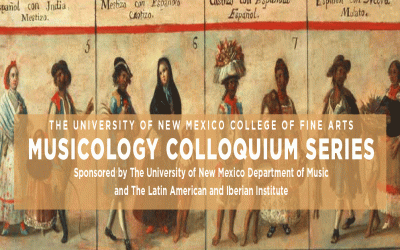Musicology Colloquium
The University of New Mexico Department of Music and The Latin American and Iberian Institute
Thursday April 2, 2020
2:00-3:30pm
Latin American and Iberian Institute Conference Room
This talk will consider performances and recordings by singer Linda Ronstadt to propose what I refer to as her Americanish musical songbook. The suffix “ish” here intends to accentuate the “somewhat” or “to some extent” of “American” that Ronstadt—Tucson born and raised—lived and sonically imagined through her extraordinary musical career.
Deborah R. Vargas is Associate Professor and The Henry Rutgers Term Chair in Comparative Sexuality, Gender, and Race in the Department of Women’s, Gender, and Sexuality Studies at Rutgers University. Vargas is currently at work on two manuscripts, “Brown Soul: On Blackness and the Cultural Politics of Chicanidad” and “Americanish: Linda Ronstadt’s Brown Sound.” Vargas has contributed a number of oral histories with Chicana singers to the Smithsonian Institute’s Latino Music Oral History Project and is a member of the editorial boards of Women and Music: A Journal of Gender and Culture and Latino Studies.
Arab Musicking on the U.S.–Mexico Border
This talk explores the relationship between trauma and identity by examining Arab music performance on the U.S.–Mexico border. Drawing on the musicking of Syrian and Mexican migrant communities, I interrogate theories of cultural and psychological trauma and borderland epistemologies to explore how border tensions influence the often-fraught views of identity.
Music from the Americas presents The Low Frequency Trio
Formed by Antonio Rosales (bass clarinet), Juan José García (doublebass), and José Luis Hurtado (piano), LOW FREQUENCY TRIO is one of the few ensembles in the world that plays music that was exclusively composed for them.
Music, Power, and Signification: A Phenomenological Reading of Race in New Spain
In New Spain, an institutional structure of merit and promotion hinged on the idea of reason as an intrinsically European attribute. This attribute differentiated ‘Europeans’ from people of mixed race claiming European status based on their skin complexion.



